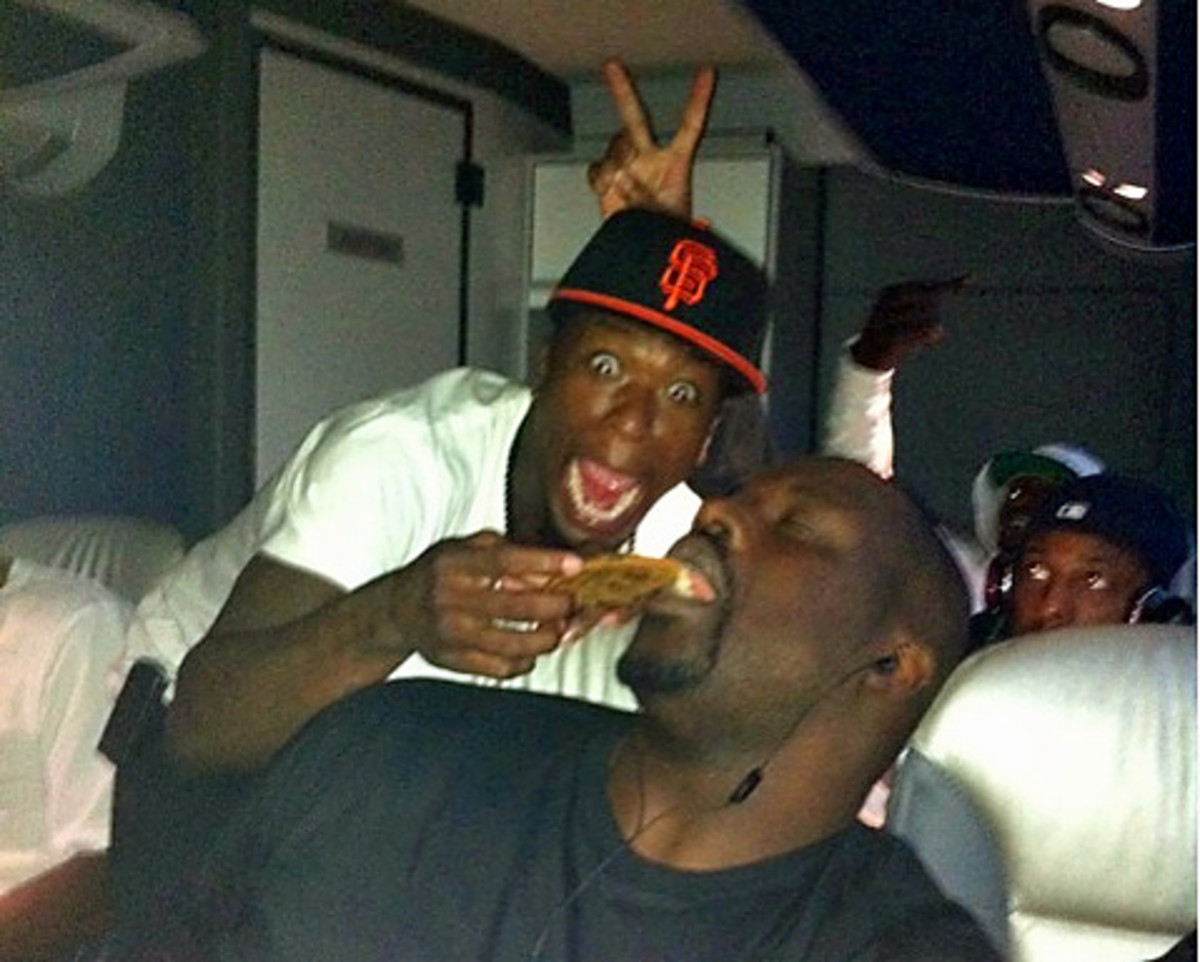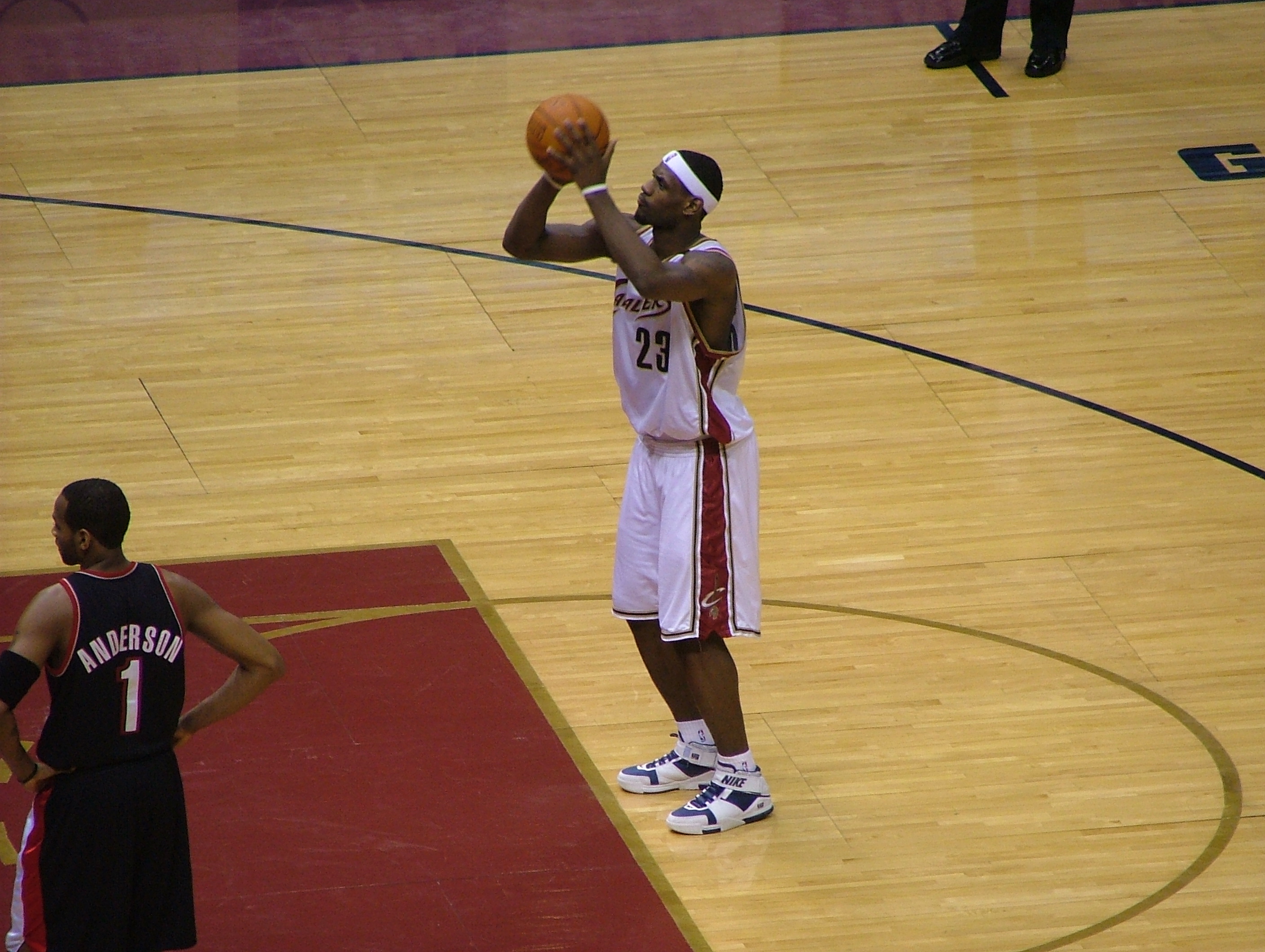NBA Sleep Secrets: How Players Prioritize Rest & Recovery
Do professional athletes, particularly those in the high-octane world of the National Basketball Association, truly understand the critical role of sleep? The answer, backed by scientific understanding and anecdotal evidence from within the league, is a resounding yes, with sleep emerging as a cornerstone of performance and overall well-being, yet its consistent fulfillment remains a significant challenge.
The demands of an NBA player's life are relentless. Games, often ending around 10 p.m., are just the tip of the iceberg. The post-game routine of showering, eating, fulfilling media obligations, and undergoing recovery treatments extends the day significantly. As Dr. Czeisler observed, NBA players ideally need approximately nine hours of sleep, a requirement often at odds with the realities of the schedule.
The implications of sleep deprivation in the NBA are far-reaching. It's not merely about feeling tired; it's about compromised cognitive function, diminished physical performance, and an increased risk of injury. As one might imagine, the intense nature of playing professional sports, coupled with constant travel, creates a perfect storm that disrupts natural sleep patterns, often leaving players caught in a cycle of fatigue and suboptimal recovery. The relentless travel and time zone changes inherent in the NBA season exacerbate the situation, making it a significant struggle to adhere to the desired sleep schedule.
The culture of the NBA has, thankfully, started to evolve. While stories of Michael Jordan playing with little or no sleep circulate within the league's folklore, they stand in stark contrast to the growing emphasis on sleep hygiene. Recognizing the importance of recovery and its direct impact on on-court performance, many teams have incorporated sleep specialists and embraced practices designed to optimize their players' rest. The shift is undeniable, and it signifies a broader awareness within the league.
The modern NBA is a performance-driven environment. From advanced analytics to personalized training regimens, every facet of a player's development is scrutinized and optimized. Sleep, as a crucial element of this equation, is no exception. The teams are now investing in the means to give players a crucial edge in a league where fractions of a second and a mere percentage of skill can separate winning from losing.
Personalized training regimens are also a key element. NBA players acknowledge that a "one-size-fits-all" approach simply doesn't work in professional basketball. They tailor their workouts to address their specific strengths and weaknesses, maximizing their potential. This individualized approach extends beyond the court, encompassing aspects such as nutrition, recovery, and, of course, sleep.
The impact of sleep deprivation on the mind and body of an NBA player is profound. Sleep allows the body to repair itself, consolidate memories, and regulate hormone levels. The intense pressure of competition, the physical exertion, and the relentless travel all conspire to disrupt sleep cycles. The consequences are not subtle. Reduced testosterone levels, decreased reaction times, and impaired decision-making abilities are all byproducts of insufficient sleep. The long-term health ramifications, including increased risk of cardiovascular disease and weakened immune systems, are equally alarming.
The evolving attitudes towards sleep represent a significant shift in the NBA. Teams are increasingly integrating sleep specialists into their support staff, and players are being educated about the critical importance of rest. This shift signifies a deeper understanding of the human element in the game. It suggests that players are more than just athletes; they are individuals who benefit from comprehensive care that addresses their physical, mental, and emotional well-being.
The anecdotes of late-night gambling and questionable sleep habits in the past now stand as cautionary tales. Today's NBA prioritizes performance enhancement through scientific understanding, including the necessity of sufficient, high-quality sleep. Players are realizing that sleep is not simply a luxury; it's an integral element of their profession. It is the very foundation upon which their athletic prowess is built.
Former NBA shooting guard Nick Young also shared insights into the lifestyle with some of his experiences, where it was said that, it happened to me when i was a rookie and other similar experiences shared by players, show a lifestyle that isn't for everyone.
The modern player is expected to be on the court with a high level of performance at all times, the lifestyle of a player is not only what happens in court it is a mixture of everything else too. From the intense adrenaline rush to the constant travel, the life of a professional basketball player can take a toll on sleep, affecting their bodies and minds. Some reports show that this is the NBA's silent scourge, a pox on the bodies and minds of players.
From the late 2000s, the league has started to pay attention to the sleeping habits of its players and teams now focus on these habits. With typical games ending at 10 p.m. and other activities of players, players might not go to bed until much later and this can result in a bad cycle of sleep.
In a league where every second counts and the margins between victory and defeat are razor-thin, the difference that these changes make is huge. Sleep is not just about feeling rested; it's about unlocking peak performance, preventing injury, and maximizing a player's potential. This is why so much effort is put on the player's sleep habits.


